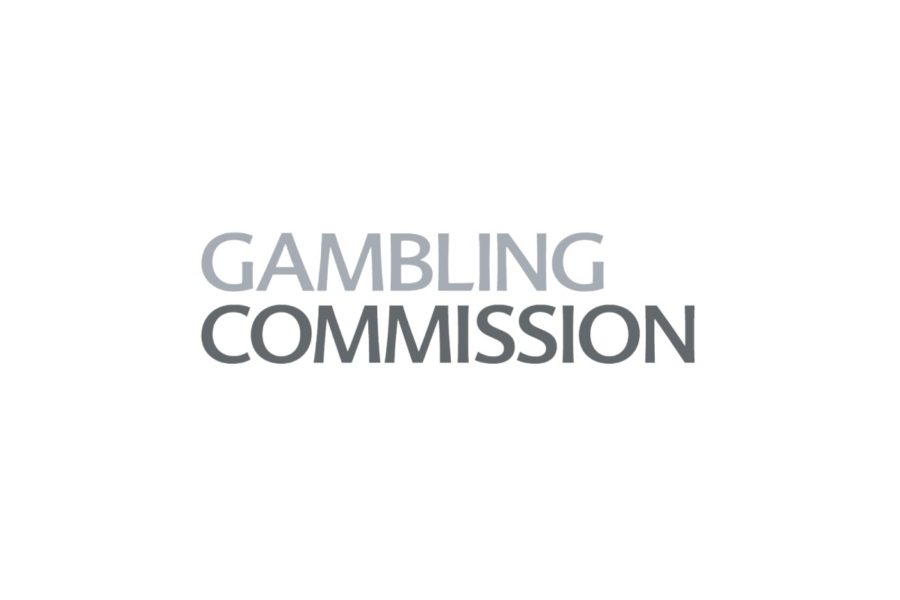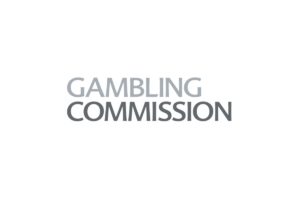Gambling Commission highlights growth of esports betting in Britain

The regulator has identified esports betting as a growing trend.
UK.- The Gambling Commission this week published its latest gaming consumer experiences research, identifying trends in product popularity, gaming methods and use of responsible gaming tools.
While the research identified the impact of free bets and bonuses, one highlight identified is the growing trend of esports betting, which has been much debated during the Covid-19 pandemic.
The regulator found that the popularity of esports betting had grown at an average rate of 8.5 per cent a year between 2016 and 2019. Overall, 9 per cent of all adults bet on esports products with men aged 18 to 24 accounting for 36 per cent of the market for such products.
The Gambling Commission also found that younger players were more engaged with in-play betting than older generations. Overall, three in ten players used in-play betting in the seven days prior to the survey and another 30 per cent in the prior four weeks.
The regulator noted that online gambling now accounted for the largest proportion of gaming in Britain, and that half of all online bets were made via smartphone. It also highlighted smart TV usage as a niche platform for gambling that doubled in popularity among 18-24 year-olds and 25-34 year-olds between 2019 and 2020.
It said: “The data paints a picture of online gambling in which smartphones are the preferred devices, but laptops, PCs and tablets remain important routes of access. It shows that despite the opportunities to gamble online ‘on the go’, most online gambling continues to be done at home.
“The extent to which in-play betting has taken hold, and the growth of esports, is also clear to see. While online gambling does skew more towards younger people, and especially younger males, these activities are by no means confined to the younger generations.”
Use of responsible gambling tools
Meanwhile, younger gamblers were also more likely to use self-exclusion and responsible gambling tools, with 14 per cent of 18 to 24 year olds having self-excluded, followed by 13 per cent of 25 to 34 year olds. However, more than half of gamblers were not aware of self-exclusion tools.
Financial limits were the most widely used responsible gambling tool, with 8 per cent of respondents stating that they have employed them.
The Gambling Commission said: “Operators are required to offer these tools, and they should provide them and promote them in a way that maximises take up from those that would benefit from them, but there will always be customers that are experiencing harm that would not opt to take up any of these gambling management tools.
“This is why it is important for operators to have effective customer interaction approaches so that harm is identified at an early point with the operator acting to reduce harm.
“We would like to see an increased awareness of the gambling management tools, and for operators to continue to improve promotion so that customers make the best use of the right tool, at the right time for them.”
Earlier this month, the Gambling Commission reported that two people had been removed from Facebook groups following its investigation of unlicensed lotteries on the platform.
Meanwhile, the Gambling Commission’s tender for the fourth National Lottery licence has attracted controversy over reports that it favours the incumbent Camelot to keep the licence.











